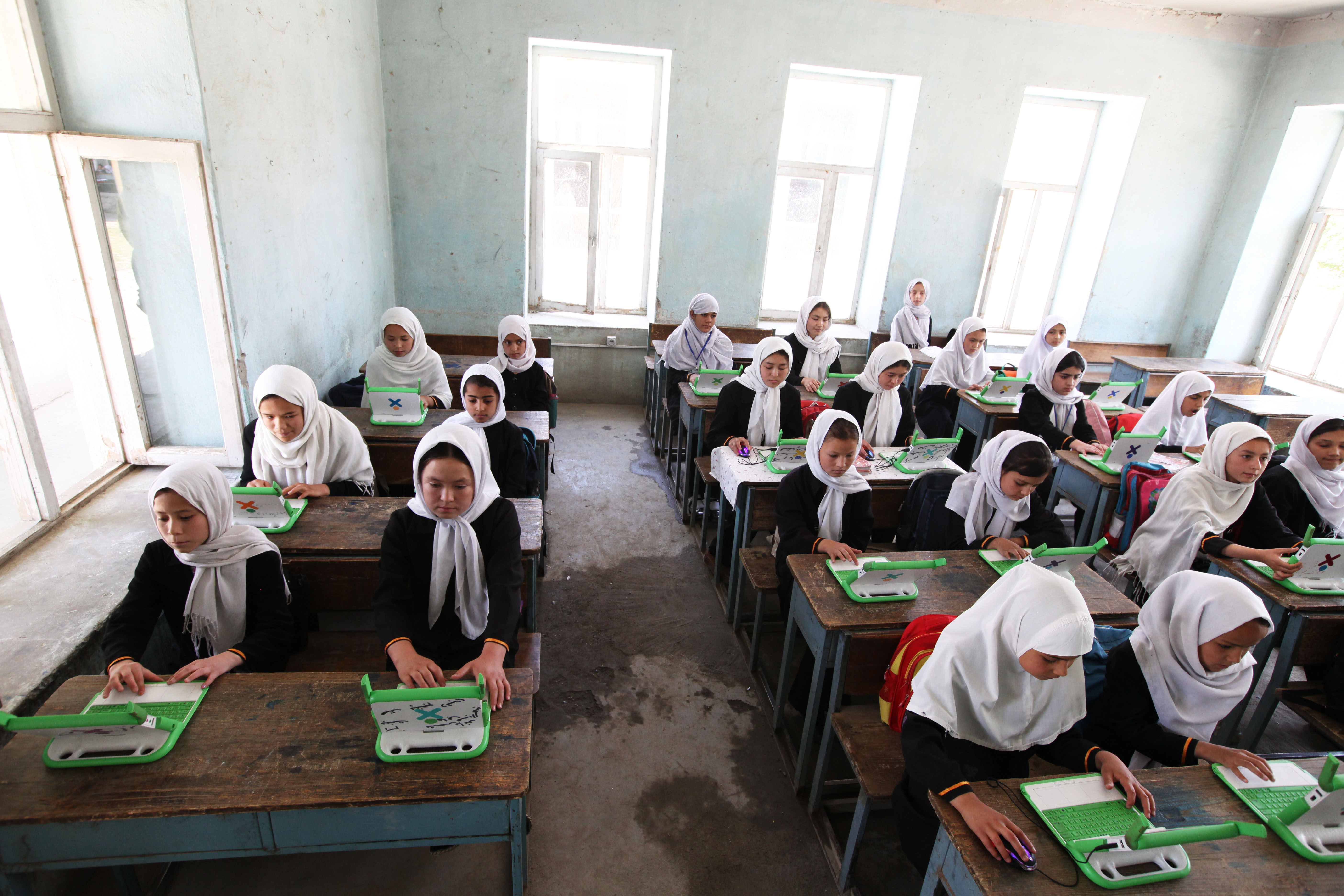 Mokshith Voodarla is a high school student who made a generous donation to OLPC.
Mokshith Voodarla is a high school student who made a generous donation to OLPC.
Read his thoughts about the impact of technology in his own life and in the world:
Â
From a young age, I’ve been amazed by the way technology helps us in our daily lives. It was mind-boggling to me when I saw subtle things like turning on a TV with a remote happen. This led me to the realization that I wanted to build technology that made people’s lives easier. I’ve always liked to see something happen after writing a program. This started off with LEGO Mindstorms but has come all the way to building Android Apps that automatically take notes for you when taking a picture of a textbook.Â

I wanted to benefit as many people as I could with the knowledge I had so I decided to teach kids how to build Android apps. While doing this, I wanted to maximize the benefit of this work, and that’s when I remembered One Laptop Per Child. I’ve always taken for granted the resources I had to do things and I wanted as many people as possible to receive the resources and opportunities to do the same. I realized that by donating to OLPC, my work would help benefit a lot of people. I chose to do just that.Â
Working with the kids was great. We started off from them not knowing anything at all to them being able to build a whole calculator all by themselves. We did this over the course of nine weeks. I was happy that I was able to spread that feeling of amazement on many people’s faces when they saw that what they programmed. That kind of feeling is what I live for and I really felt it when I saw those kids experience just that. The feeling itself is indescribable but it’s just amazing.Â

Teaching these students and then being able to donate to OLPC was a very worthwhile experience for me and I would recommend if anyone else can, they should make a donation as well. OLPC does great things in developing countries and is a real reason why the world is accelerating faster and faster all the time. All reasons support helping the OLPC cause.

